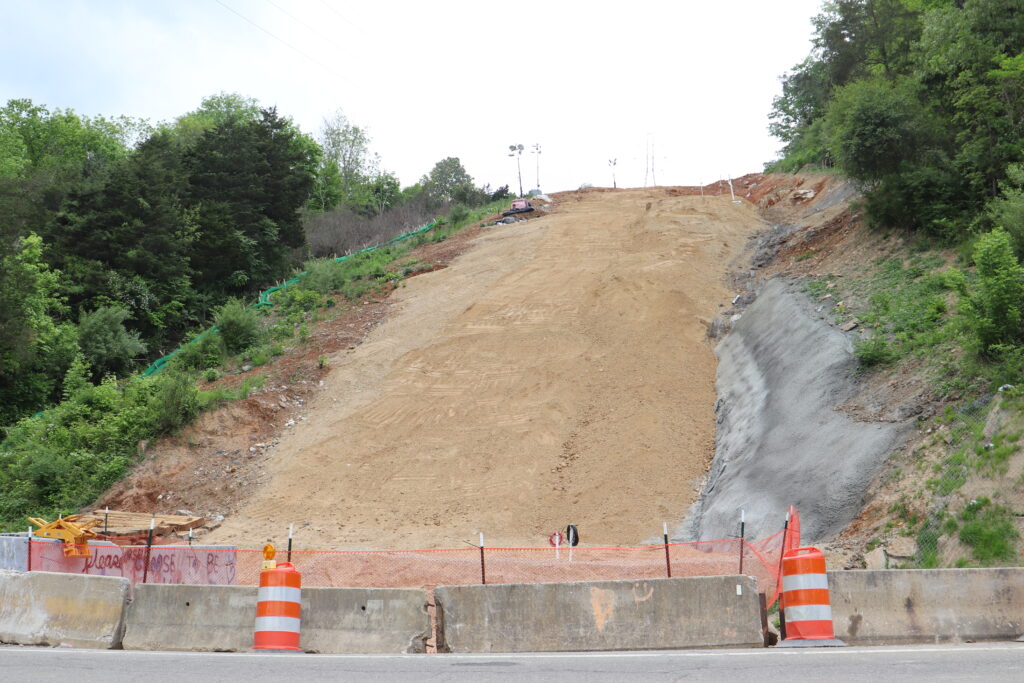A group of environmental organizations is challenging a federal decision to give the Mountain Valley Pipeline three more years to build an extension from Virginia into North Carolina.
Appalachian Voices, the Center for Biological Diversity, the Natural Resources Defense Council and other groups petitioned the U.S. Court of Appeals in the District of Columbia Tuesday to review the Federal Energy Regulatory Commission’s decision to grant the MVP more time.
MVP’s builder, Equitrans Midstream, now has until June 2026 to complete the project, called MVP Southgate.
The legal challenge comes as another decision looms before the FERC: whether to approve the 303-mile MVP to begin operating.
Equitrans had requested an in-service date of May 23, but told the commission this week that it was completing construction and testing and wouldn’t be ready until the first week of June.
The environmental groups had asked FERC to reconsider its December decision granting the three year extension for MVP Southgate. FERC declined to do so last month.
Some of the same groups, and state and local officials, have asked FERC to deny MVP’s application to begin moving as much as 2 billion cubic feet of natural gas a day from West Virginia into Virginia.
On May 1, the pipe burst during a water pressure test in Bent Mountain, in Roanoke County, Virginia. Local residents say that part of the pipeline was installed in 2018.
On Wednesday, the Roanoke County Commission asked FERC to not permit MVP to begin operating until all safety testing is complete. The commission also asked that FERC and the Pipeline and Hazardous Materials Safety Administration share their findings on why the pipe failed the hydrostatic test.
MVP is projected to cost nearly $8 billion to complete, more than twice the original estimate.




















